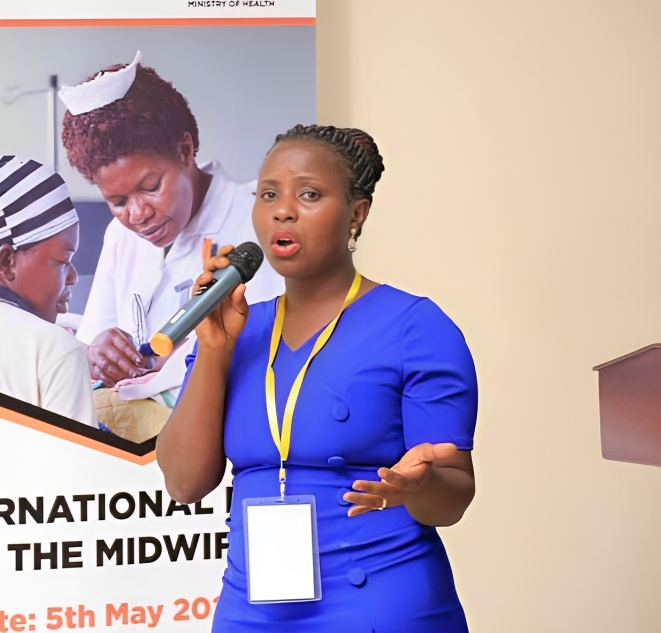By Lilian Nuwabaine
Recently, while interacting with one of the survivors of Gender Based Violence (GBV), she said “Musawo, as woman, it’s okay for my husband to beat me whenever things go wrong at home, even with my swollen eyes after being beaten hard by my husband, I cannot deny him intimacy at any time, whether I am menstruating or not.” She went on to say “In our culture, being subjected to physical discipline by one’s spouse is viewed as a demonstration of care and a form of necessary discipline. Denying my partner intimacy might jeopardize the well-being of my family, I feel compelled to fulfill my marital duties.”
Such statements from a GBV survivor hit me hard as a Midwife and Women’s Health Specialist. I asked myself, “Does she know that as a woman, she has rights that need to be respected?.”
The above scenario isn’t any different from the recent research findings from one of the studies which showed that GBV ranks at the top of Ugandans’ priorities among women’s-rights issues that need vital government and societal attention. Whereas most Ugandan citizens detest a husband’s use of physical force to discipline his wife, half report that violence against women and girls is a common occurrence in their communities, both urban and rural. In Uganda, while some of us are confident and know that the police takes GBV cases seriously, the majority still think that women and girls reporting violence will be criticised and that domestic violence is a private matter to be handled within the family. In fact, others say, reporting such GBV cases is a taboo and one can instead be disowned by their own communities.
Worse still, according to the Police crime report of 2016-2021, over 272,737 GBV cases of GBV were recorded including 2,278 homicides cases attributed to intimate partners. The report adds that domestic violence cases accounted for 33% of the female homicide caseload. This automatically shows that government initiatives like community policing programmes and public awareness campaigns about violence against women and girls still have huge gaps as they do not appear to have reduced the number of GBV cases over the six-year period. Amidst all this, the Government of Uganda has stated its commitment to ending GBV as part of the Sustainable Development Goal 5 and integrated its targets into its National Development Plan.
The Sustainable Development Goal 5 (SDG 5) recognizes the importance of addressing violence against women and girls to achieve gender equality and the empowerment of women and girls. Specifically, target 5.2 says “To eliminate all forms of violence against women and girls in the public and private spheres, including trafficking and sexual and other types of exploitation.” This implies we should be moving towards seeing a country like Uganda with zero incidents of violence against women and girls. Honestly, violence against women and girls is preventable.
I therefore recommend that the government of Uganda through its relevant line Ministries and partners intensifies and strengthens the measures put in place to curb down incidents of GBV such as improving the reporting and handling of GBV crimes and training devoted to child and family protection and sexual offences. More efforts should be put in media engagements to promote community sensitization about violence against women and girls, without forgetting to debunk the already existing myths in this area. Everyone needs to know that “No woman is your punching bag.”
The author is a BSc Nurse and MSN-Midwife and Women’s Health Specialist. She is also a Heroes in Health Award Winner-Midwife of the Year 2021.

